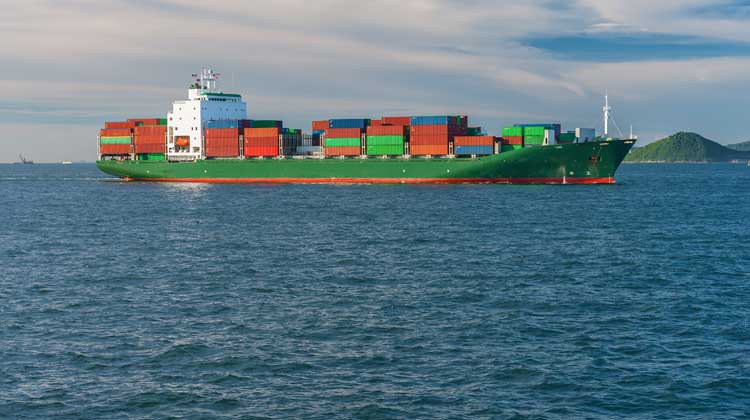The director general of trade for the European Commission emphasized shared concerns with the United States related to China’s growing threat to the economic market in a discussion July 22 at the Center for Strategic and International Studies.

In her first official trip to the United States as director, Sabine Weyand also touched on the current climate of U.S. and EU trade agreements in light of the recent steel and aluminum tariffs and the EU’s commitment to moving world economies away from protectionism.
During her opening remarks, Weyand addressed the ongoing trade war between China and the United States and the EU’s place in the middle of the dispute. Weyand said although the EU shares the United States’ concerns toward China, it encourages the United States to work multilaterally with its allies to address the issue.
“[The EU] is caught between China’s state-led economic model with all the trade distortion that that brings, the market distortions that creates in our home markets but also on third markets as well as on the Chinese market,” Weyand said. “On the other hand, we have the U.S. increasingly taking unilateral measures and against this backdrop, the EU wants to hold its own. We are determined to preserve and promote a rules-based international order with updated rules fit for the 21st century.”
She continued by warning that not taking such actions will lead to “a world where might is right.” However, Weyand stated the EU is not against the emergence of China but rather has a problem with China’s lack of convergence with the rest of the global order.
“In this respect, we share the U.S. concerns about distortions from non-market policies and practices, and that is behind our commitment, our engagement, together with the U.S. and Japan in the so-called trilateral process, to try and develop rules to address this behavior,” Weyand said.
Weyand pointed out the United States’ recent 232 tariffs on aluminum and steel might force the EU to implement its own tariffs, only leading to a lose-lose situation for both parties. Trade disputes over aircraft subsidies and car imports are also occurring. Instead, Weyand said Europe and the United States need to focus their energy and resources on the real issues on the global stage, while continuing to work together to get rid of industrial tariffs.
“Recently, our relationship has come under strain. It is natural that friends sometimes disagree with each other, but this is something else,” Weyand said. “There are real threats elsewhere, yet we find ourselves in a moral-supping, road-slowing series of skirmishes. We have to overcome this. There is the political will to fix these issues, to choose cooperation over conflict.”
Weyand addressed the EU’s commitment to ensuring a level-playing field by modernizing the World Trade Organization (WTO).
“[The WTO] is not perfect; it is in need of reform, but what is the alternative? Tearing it up and starting afresh? Do we have the luxury of time to build something totally new? I don’t think so,” Weyand said.
Rather, Weyand explained the EU would like to maintain the current structure of the WTO but review its functions relating to negotiation, monitoring and dispute settlement.
“We need to develop a rule to make it fit for the 21st century. We have already proposed a route to reform and we would want to engage seriously with the U.S. on this,” Weyand said.
Weyand listed updated rules the EU wanted to add to the WTO to deal with issues like subsidies and forced technology transfer; the EU wants to reinvigorate negotiating function from fisheries to e-commerce, domestic regulations services and investment facilitation, and also to ensure a proper functioning of dispute settlement.
Sandra Sadek is a staff writer for Homeland411.
© 2019 Homeland411